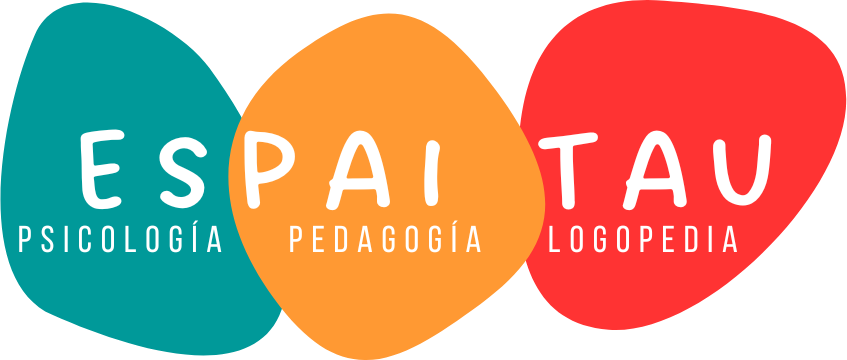
Early care has had various definitions over the years, but they all come to the same conclusion. It is the set of interventions aimed at the child population from 0 to 6 years old, the family and the environment, which aim to respond as soon as possible to the transitory or permanent needs that children with developmental disorders present.
In addition, these interventions, must be planned by a team of professionals with an interdisciplinary orientation.
The objectives to be attended are multiple and focused on the most appropriate development of children, touching several areas that influence it, such as:
- The language
- The communication
- The speech
- The psychomotor skills
- The movement
- The behavior
- The visuospatial and visuoconstructive skills
The main mission of early care and stimulation is that children with developmental disorders or those who are at risk of suffering from them, receive, a model that considers biopsychosocial aspects, everything that, from the preventive and care aspect, can enhance their capacity development and well-being.
All professionals always recommend that all children receive this type of intervention not only until they are 6 years old, but also until they need it.
There are several concerns of many parents who turn to professionals, but almost all of them have helped us to create therapeutic and early intervention models so that all children who suffer from some difficulty in the aforementioned areas, receive the appropriate help.
Some alarms and signs for parents to have in mind are:
- If at 3 months the baby does not smile, does not hold his head for a short while or is not able to fix his gaze.
- If at 6 months he is not interested in picking up objects or does not use one of his hands.
- If at 9 months he does not make sounds, does not hold himself seated, is not interested in looking at or touching things.
- If at 12 months he is not able to stand up holding onto a piece of furniture (even if he does not walk), he does not seek communication with the adult, does not explore new toys or his own environment.
- If at 18 months he does not walk, he does not recognize the names of some familiar objects or people.
- If he is a sleepy or too quiet baby who does not demand anything and spends all the time in the crib.
- Does not understand simple familiar expressions such as “we are going to the street, where is your toy, who is coming or who is it”, etc. at 12 months.
- If he is a very mobile child, who does not entertain, does not know how to play and needs continuous attention and vigilance.
- When there are difficulties in the relationship with other children (from 18 months).
- If he or she has tantrums in situations that should not be caused: change of route to go home, certain clothes, sounds, etc.
The entire interdisciplinary team aims to improve the quality of life of the child and of his family.
ESPAI TAU KIDS TEAM
